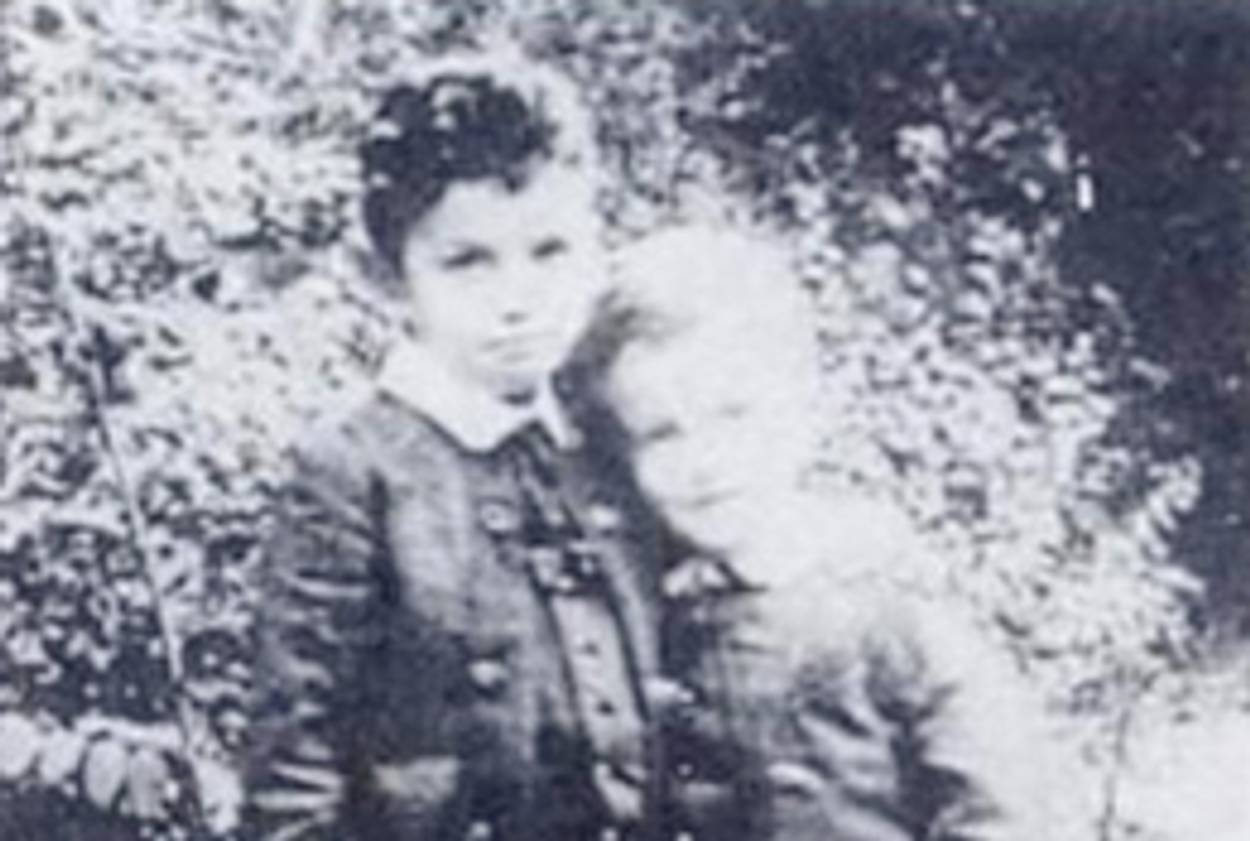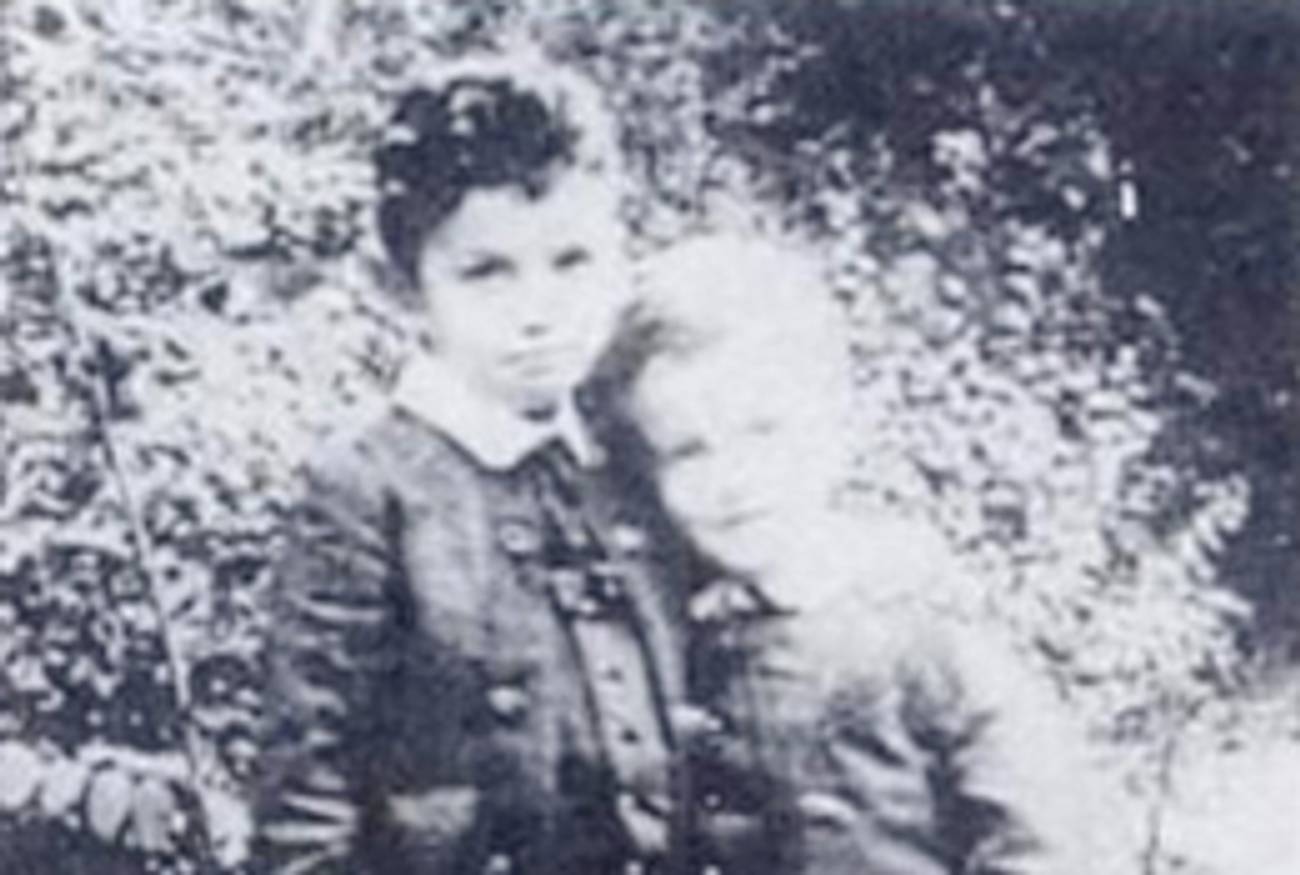Unto the Sons
What the Wittgenstein family gained and lost




In 1938, a few months after the Anschluss absorbed Austria into the Third Reich, Paul Wittgenstein, his face white with horror,” entered a room occupied by his eldest sister, Hermine, and disclosed to her: We count as Jews!” Paul was a highly decorated veteran of the Great War and a musical celebrity in Vienna. His brother Ludwig was a philosopher regarded by a growing cult of brilliant young men in England as a god. The Wittgensteins had been, for three generations, a family of practicing Roman Catholics, yet the baptismal certificates of their grandparents disclosed that three out of four of them were Jews before conversion. This classified them, in accordance with the Nuremberg Laws governing racial purity of the Nazi state, as Jews. The designation stripped them of the right to vote and to hold key jobs in the press, politics, law, the civil service, and the arts, and subjected them to a series of petty prohibitions (such as the right to sit on a park bench) that were intended to make life in the Reich so disagreeable for the Austrian Jew that he would leave the country of his own volition,” as Alexander Waugh puts it in his new book, The House of Wittgenstein: A Family at War. It also placed Paul himself, the father of two bastard children of an unmarried German woman, in violation of the infamous Section 2 of the Nuremberg Law for Protection of German Blood and German Honor forbidding extramarital intercourse between Jews and Germans.
It had not occurred to the Wittgensteins, erstwhile possessors of one of the largest fortunes in Europe, that anyone would try to persecute them, least of all for an identity they had long ago disclaimed. The latter third of Waugh’s book is taken up with an account of the bureaucratic and legal maneuvers by which the Wittgensteins sought to evade the fate of European Jewry by means of all the considerable resources at their disposal. Their legal hope, such as it was, rested on the claim that one of their grandparents had, in fact, been the bastard child of a gentile nobleman. In the end, they secured their freedom only by releasing the bulk of their fortune to the Nazi state. The story underscores the macabre fact that even the wealthiest, best-connected, and most patriotic Austrians—those who, like the Wittgensteins, had literally sacrificed both life and limb in the service of Austria—were not exempted from the cruel exactions of the Third Reich. It also underscores the equally macabre fact that, in the end, such people were usually able to buy their way out of persecution, at the cost of millions of pounds of gold.
The Nazi episode effected the final split between the surviving Wittgenstein siblings and scattered what remained of their vast fortune. It was a fortune that had taken a single lifetime to build. Waugh devotes a chapter to the rise of its progenitor, Karl Wittgenstein, who went from rebellious American barman to multimillionaire Austrian steel magnate” in 33 years. During that time Karl had risen from salaried engineer at an ironworks to the owner or principal shareholder in the Austro-Hungarian empire’s largest iron, steel, mining, munitions, and financial companies. In 1898, he retired at the age of 51 and turned to a life of cultivated leisure. He was the most successful of a family of 11 that included judges, soldiers, doctors, scientists, patrons of the arts and government administrators—all of them prominent.” He had fathered nine children of his own, some of whom were notable for their gifts, some of whom were notable for their beauty, and he amassed magnificent and valuable collections of furniture, art, porcelain, and autograph musical manuscripts.”
His happiness was at its height. But the Wittgenstein industrial fortune took a single lifetime to dissipate. Waugh devotes much of the book to the madness, waste, expropriation, and misfortune that afflicted Karl’s heirs. In 1902, his eldest son, Hans, disappeared in America, an apparent suicide. In 1904, his next eldest son, Rudy, emptied a vial of potassium cyanide into a glass and drank it. Karl forbade his family to mention the names of either of his lost sons, driven not by a lack of feeling on his part, but by a surfeit of it.” Waugh goes on to observe that “the effect of his censorship created an atmosphere of unbearable tension in the home, causing a split between the Wittgenstein children and their parents that time would never heal.”
None of his remaining three sons was equipped or inclined to take over the empire which he bequeathed at his death in 1913: Kurt was lightweight, Paul and Ludwig both worryingly neurotic and fundamentally uninterested in business. By the time of his dying, none of them was married.” They were made for other vocations. Kurt, the eldest survivor, followed his father into industry, leaving for America to expand the company’s interests there. He would eventually kill himself on the battlefield after spending much of the war struggling to evade an American prohibition preventing him from fighting in the war he so fervently wished to join. Paul launched on his promising career as a pianist. Ludwig left for Cambridge, where, by 1912, without having a single significant piece of written philosophical work and while still only in his mid-twenties, he was being hailed by many of the brightest minds of Cambridge University as a genius.”
Ludwig would go on to become, as Waugh puts it, an icon of the 20th century.” The visual metaphor is a deliberate one. Waugh is uninterested in Ludwig’s thought. Every story he tells reinforces the impression, unmistakably Waugh’s own, that the cult of Ludwig Wittgenstein is the product of eminent men like Bertrand Russell and George Moore who had fallen under the spell of Ludwig’s striking looks, manner and extraordinarily persuasive personality,” and gone to find in his incomprehensible” writings an intellectual richness that may or may not have existed. This derisory attitude was shared by Ludwig’s family. Shaking their heads, they found it amusing that the world was taken in by the clown of their family, that that useless person had suddenly become famous and an intellectual giant in England.” Ludwig renounced his share in the family fortune and went to work as a primary school teacher, eventually getting himself fired for brutalizing his students. He had first considered suicide at 11, and the thought never strayed very far from his consciousness.
At the center of the narrative Waugh casts Paul Wittgenstein, who lost his arm in the Great War and went on to become perhaps the greatest, certainly the most famous, one-handed pianist in history—far more famous than Ludwig in his own lifetime. Inspired by the example of the blind composer and family friend Josef Labor (a composer forgotten by posterity, but regarded by his Wittgenstein family patrons as among the greatest ever), Paul devised an extraordinary one-hand technique that permitted him to recreate the fullness generated by a two-handed pianist. Waugh gives lengthy and amusing accounts of Paul’s dealings with the composers whom he commissioned to write music for his one hand, including Richard Strauss, Maurice Ravel, and Sergei Prokoviev. (Performers must not be slaves!” Paul told Ravel during a dispute over a concerto he had commissioned; Performers are slaves!” Ravel shot back.) Waugh quotes many admiring accounts of Paul’s concerts by some of the leading music critics of his age, but the reader cannot help suspecting that Prokofiev had it right when he observed, It may be that his misfortune had turned out to be a stroke of good luck, for with only his left hand he is unique but maybe with both hands he would not have stood out from a crowd of mediocre pianists.”
There is something determinedly contrarian, even a bit perverse, about Waugh’s decision to write a biography diminishing the 20th century’s best-known philosopher at the expense of the one-handed pianist in his family.
There is something determinedly contrarian, even a bit perverse, about Waugh’s decision to write a biography diminishing the 20th century’s best known philosopher at the expense of the one-handed pianist in his family. The project feels, at times, like a deliberate thumb in the eye of, as Waugh puts it, a cult . . . whose membership includes many who have never opened his books or tried to understand a single line of his thought,” which is also the group from which Waugh’s readers will almost certainly be drawn. But even readers hostile to Waugh’s dismissal of Ludwig Wittgenstein will find something to admire in The House of Wittgenstein. Waugh has a gift for the historical set piece that makes his writing a continual pleasure—a cinematic rather than a novelistic pleasure, lingering on surfaces, eschewing depth. He writes with delight of the sumptuous interiors of the Wittgenstein palace, but also of the squalor of Russian POW camps during the Great War. And the story itself, coolly recited with poise and authority, has the advantage of arriving front-loaded with the pathos and dread of the 20th century.
In the end, the Wittgensteins succeeded in their bid to sunder their fate from that of the Jewish people, whom they had never regarded as their brethren, and with millions of dollars remaining. The ordeal left them permanently estranged. Paul Wittgenstein lived the rest of his life in Great Neck, Long Island, having made an honest woman of his mistress, whom he smuggled out of Germany and into the United States. He never returned to Vienna. One by one, cancer took each of the remaining siblings. The fabulous Wittgenstein palace, monument to one of Europe’s grandest fortunes, and incubator to one of its most gifted families, was razed for redevelopment.
Wesley Yang is the author of The Souls of Yellow Folk.
Wesley Yang is the author of The Souls of Yellow Folk.